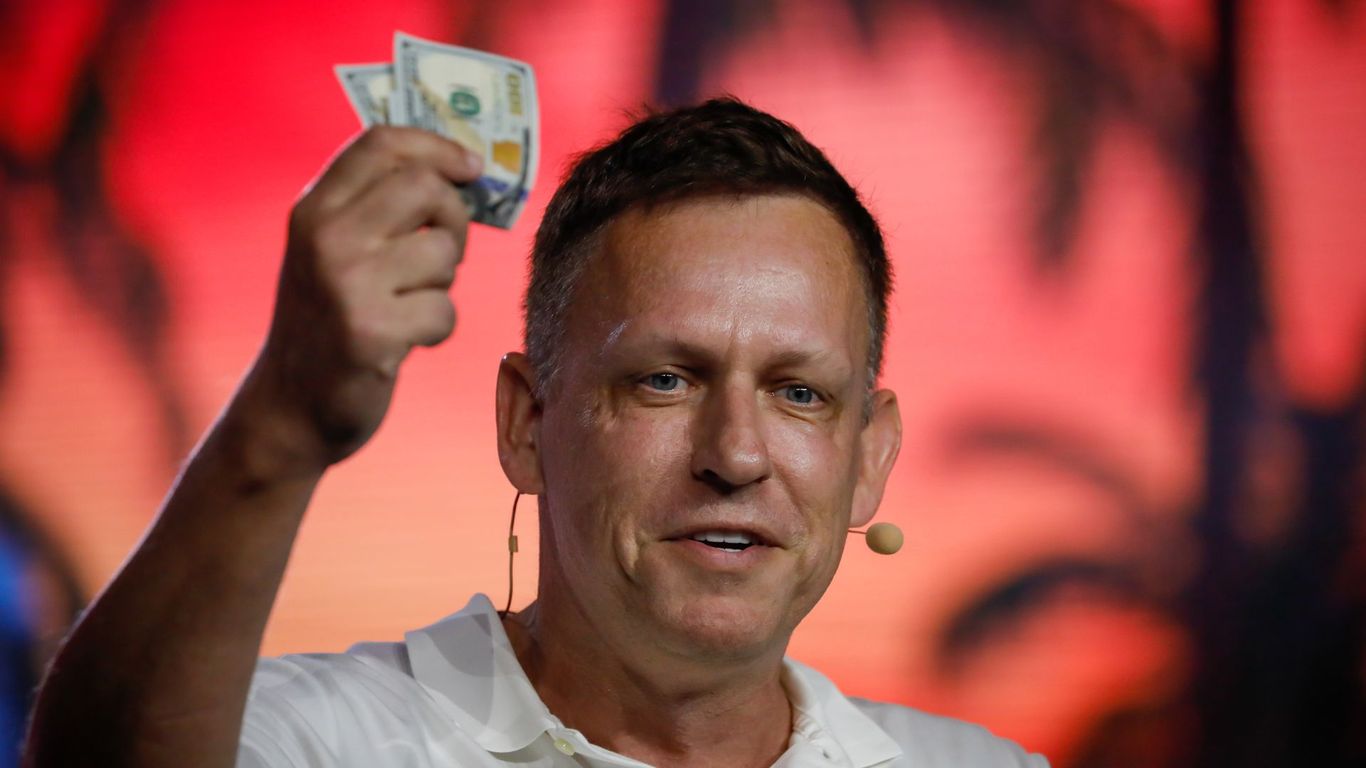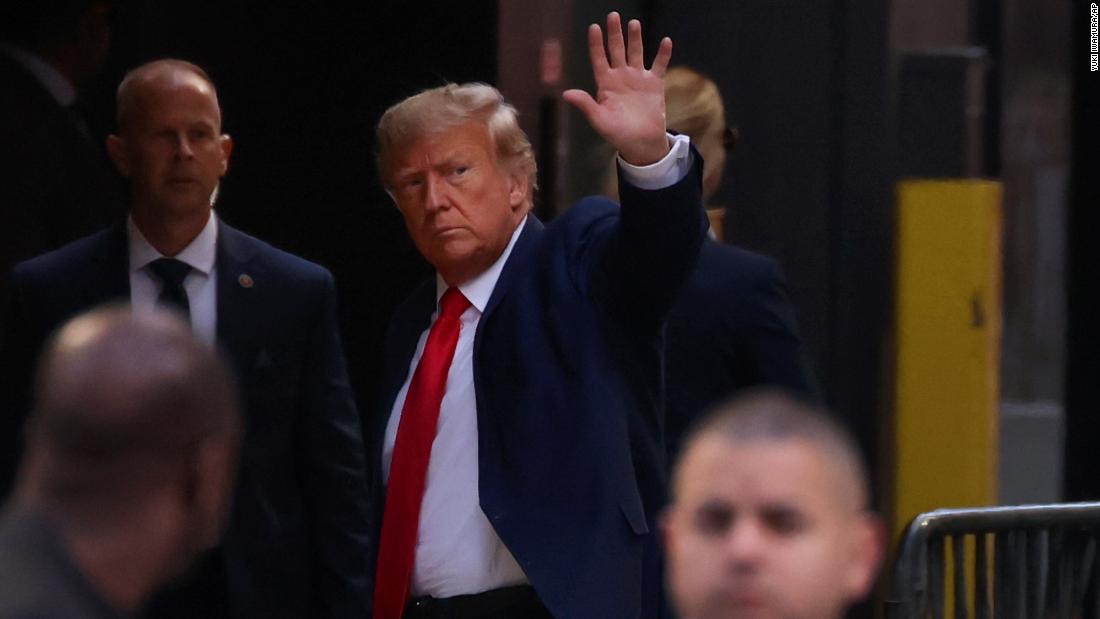China trains African journalists as part of drive to boost influence
The move is part of a bid to ensure the Chinese Communist Party line is clearly heard on the continent.

China is stepping up efforts to train African journalists in what analysts say is a bid to crank up its overseas propaganda operations and boost its ideological influence on the continent.
The Chinese Embassy in Nairobi recently invited around 70 reporters and editors from the Kenya Broadcasting Corporation, or KBC, to a media course, participants told Voice of America’s Chinese Service.
“Journalists, you are the core of the media and the key factor in the media’s success in gathering information, shaping ideas and leading a country or nation in the right direction,” Zhang Zhizhong told the journalists at the start of the event.
The aim of the training event was to promote the “professionalism and integrity” of news reporting in the country.
African countries remain the primary focus of Chinese President Xi Jinping’s flagship economic cooperation program, the Belt and Road Initiative, which isn’t just about trade and economic ties.
There are big political gains to be made, particularly through exporting China’s model of a tightly controlled media message to countries where it wants to consolidate its influence, according to analysts.
United Front operations
The move is part of an ongoing program of media outreach by Chinese embassies in African countries, which routinely invites senior editors, journalists and social media influencers for training, fellowships and other exchanges with Chinese state media outlets, according to Paul Nantulya, Research Associate at the Africa Center for Strategic Studies in Washington.
Kenya is home to the largest bureau of state news agency Xinhua outside China. It is also the Africa headquarters of the China Daily newspaper and the StarTimes satellite media network, the second-biggest on the continent, making it a “particularly important target,” of Chinese outreach operations, he said.
“Chinese media outreach in Africa is a function of formal diplomacy, public and cultural diplomacy, and United Front Work Department operations,” Nantulya said in comments emailed to Radio Free Asia, referring to the government agency that seeks to promote China’s political interests through a network of organizations and individuals around the world.
“It is part of a policy called Huayuquan, meaning ‘the power to speak and be heard,’" he said. “In other words, to set the parameters of global discourse and legitimize Chinese narratives and worldviews and put them on par with, or superior to, Western and American narratives and discourses.”
That policy is overseen by the Chinese Communist Party’s Central Leading Group for Publicity, Ideological and Cultural Work, and is closely bound up with China’s Belt and Road program, Nantulya said.
“United Front activities are entangled with Belt and Road programs, which are not merely a collection of economic projects, but have strategic, political, and public diplomacy underpinnings,” he said. “Xinhua and other major Chinese media outlets cover day-to-day developments in Belt and Road activities.”
Seeking sympathetic coverage
Such exchanges ensure more positive coverage for China across the African continent, according to Brett Schaefer, a senior research fellow at the Heritage Foundation’s Margaret Thatcher Center for Freedom,
“The hope is then [that] in their own reporting and local media reports, that they will have a softer touch when they report on China,” Shaefer said.
Chinese embassies are often successful at brokering deals in which media outlets in African countries reprint Beijing-approved news copy, often from Xinhua news agency or the embassy press office, Shaefer said.
“[It’s] not just a sort of theoretical effort to create a more positive image with reporters,” Schaefer said. “It’s also to make sure that they are an entry point, sometimes for Chinese talking points ... from Chinese embassies through content distribution agreements with Xinhua, for example.”
RELATED STORIES
China-backed Ugandan oil project linked to human rights violations
EXPLAINED: What is the China-Africa summit and why does it matter?
African Nations Issue Protests Over Racism in China’s Guangzhou in COVID-19 Fight
“We’ve seen many examples of Chinese content effectively laundered verbatim into African sources,” he said. “So the Chinese perspectives are shared through trusted local journalists and trusted local news outlets.”
He said one of the reasons for China’s success in its media operations in African countries so far is that Beijing is happy to step in where local resources are lacking.
Reaching villagers
Meanwhile, China’s “10,000 Villages” satellite TV scheme connects rural communities in 20 African countries to digital TV networks, piping China-approved news into more than 190,000 living rooms, Xinhua reported on March 17.
Chinese satellite TV company StarTimes had donated two solar projection TV systems and one digital TV all-in-one system to the public areas of each assisted village, and will broadcast all 52 matches of the African Cup of Nations soccer tournament with commentary in six languages, the report said.
To ensure the operation will carry on in its absence, StarTimes trained more than 2,000 TV technicians to run the network.
The same logic applies when it comes to giving opportunities to journalists, according to Schaefer.
“If you have a country that comes in and they’re offering free content, free trips, free training, free access, that’s just going to work better with journalists who are in places where they don’t have a lot of resources at their disposal, who don’t have outlets who can pay for them to take an independent trip to China,” Schaefer said.
“Some of this works better in places with less mature news media, because, frankly, it’s just that they’re sort of starved for resources.”
Chinese embassies are also a source of generous advertising revenue for many media outlets, through 1-2 year contracts for monthly supplements, according to Nantulya, who added that state media also provide free equipment, software, vehicles, and other assets “as part of their effort to increase their influence.”
Little Western engagement
But Beijing’s approach has also been successful because Western media entities and foundations are no longer engaged in this type of work, he said.
“African media houses find it attractive because China does more in this space than its competitors,” Nantulya said, adding that Chinese media houses also promote African-led reporting, rather than having Chinese journalists front their operations in the continent.
“Nearly 90 percent of all Chinese programming in Africa is delivered by African anchors — many of whom were recruited from other networks like BBC, VOA, RFI, and CNN,” he said.
Top African journalists employed by Chinese media entities “tend to praise what they see as a media approach that focusses on African opportunities and achievements as opposed to African problems,” he said, paraphrasing veteran Kenyan CGTN journalist Beatrice Marshall.
A 2022 report by Freedom House found that China stepped up its media influence efforts in Kenya from 2019-21. The report also detailed paid content, sponsored content and content-sharing agreements between Chinese state media and Kenyan media that allows Chinese Communist Party-backed messages to reach significant audiences.
The report found that state-run Kenya Broadcasting Corp. “has published Chinese propaganda which is not clearly marked as coming from state media or the Chinese foreign ministry,” while the involvement of Chinese companies in much of the content dissemination infrastructure in Kenya makes China’s message harder to ignore.
Bearing fruit
Beijing’s United Front outreach and influence operations in the continent seem to be working.
African countries are consistent supporters of Beijing at the United Nations, voting Chinese nationals into top jobs at several U.N. agencies and backing attempts to rewrite the rulebook on human rights, while excluding democratic Taiwan.
And a Pew Research poll from 2023 revealed that Beijing gets its highest international approval ratings from Nigeria, Kenya and South Africa.
“China doesn’t look at its efforts to reach out to journalists on the continent as being completely separate and removed from the Belt and Road initiatives and their economic interests,” Schaefer said. “It’s all part of a bigger package.”
Translated with additional reporting by Luisetta Mudie.












